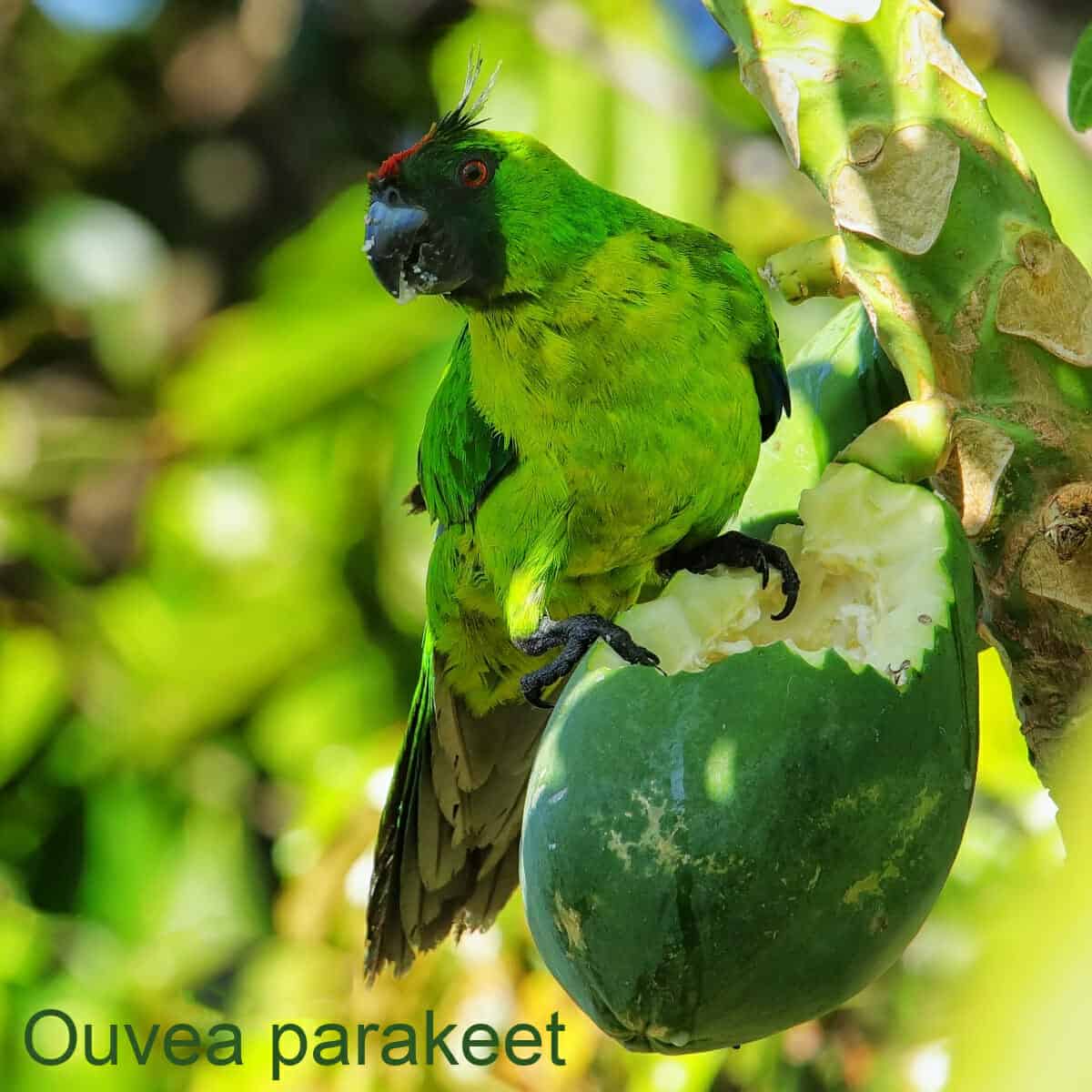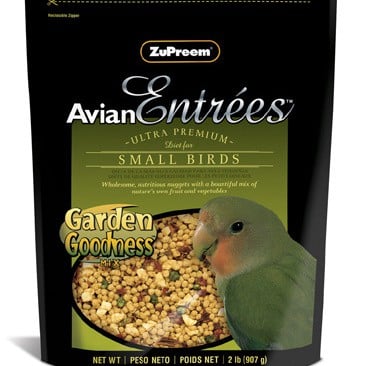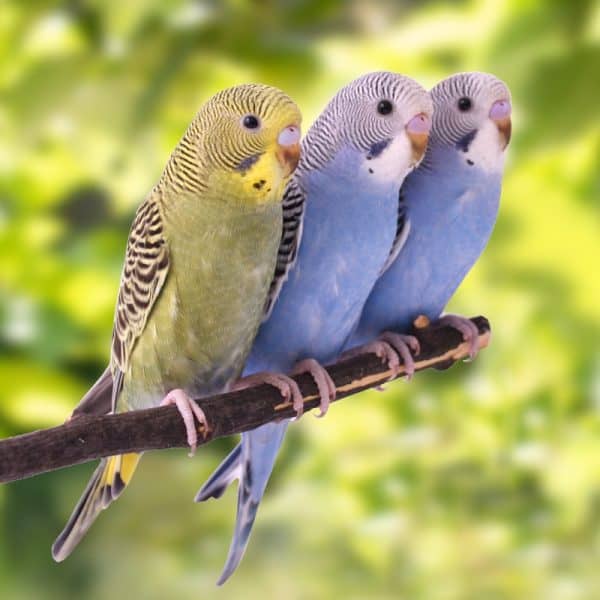Last Updated on by Catherine Tobsing
Pet birds are fascinating creatures that bring joy and companionship to millions of people around the world. But to keep your pet bird healthy and happy, you need to provide them with the right kind of food.
In this article, we will explore everything you need to know about pet bird food, including what to look for, what to avoid, and how to keep your bird healthy and nourished.
Whether you’re a new bird owner or an experienced one, you’ll find useful information and expert tips here.
“Choosing the Right Pet Bird Food: What to Look for and What to Avoid”
When it comes to pet bird food, the choices can be overwhelming.
From seed-based diets to pellet-based diets, there are many options to choose from.
However, not all pet bird foods are created equal.
To ensure your bird is getting the proper nutrition, it’s important to know what to look for and what to avoid.
Here are a few things to keep in mind:
-Look for a balanced diet: The best pet bird food should contain a balance of proteins, carbohydrates, fats, vitamins, and minerals. A balanced diet will help keep your bird healthy and happy.
Our budgies LOVE their stepbrother’s larger parrot food.
-Avoid lots of filler ingredients: Some pet bird foods contain filler ingredients, like corn, that provide little to no nutritional value. These ingredients can make up the bulk of the food, leaving less room for the nutrients your bird needs. Many pets food contain corn as an inexpensive filler – in most cases, you can see the corn through a clear bag.
-Beware of artificial preservatives: Artificial preservatives can be harmful to your bird and should be avoided. Look for pet bird food that is naturally preserved with vitamins E and C.
“Pet Bird Food: Seed-Based Diets vs. Pellet-Based Diets”
One of the biggest decisions you’ll face when choosing pet bird food is whether to feed your bird a seed-based diet or a pellet-based diet.
Both have their pros and cons, so let’s take a closer look at each one:
-Pros: Seed-based diets are readily available and provide birds with a variety of different textures and flavors. They also offer some nutritional value, as many seeds contain essential fatty acids and minerals.
-Cons: Seed-based diets can be messy, and it’s easy for birds to pick out their favorite seeds and ignore the rest. This can lead to an imbalanced diet and health problems.
-Opinion: Species like “Budgerigars” have survived the millennia on 100% of all seed diets.
–
Pellet-based diets
The best pellet is the one your birds will eat ~ Catherine Tobsing President, Windy City Parrot, Inc.
-Pros: Pellet-based diets are a more convenient and clean option, as they don’t leave behind shells and hulls as seed-based diets do. They also offer a balanced diet, as they contain all the necessary nutrients your bird needs in one place.
-Cons: Pellet-based diets can be more expensive than seed-based diets, and some birds may be reluctant to try them at first.
“Supplements and Treats: How to Keep Your Bird Healthy and Happy”
While pet bird food is the foundation of your bird’s diet, it’s important to also provide your bird with supplements and treats to keep them healthy and happy. Here are a few things to keep in mind:
–Offer fresh fruits and vegetables: Fresh fruits and vegetables, like apples and kale
Written by Mitch rezman
Approved by Catherine Tobsing
Author Profile
Latest entries
 Feeding Exotic BirdsDecember 29, 2025How to Switch or Convert Your Bird From Seeds to Pellets: Real-Life Case Studies and Practical Guidance
Feeding Exotic BirdsDecember 29, 2025How to Switch or Convert Your Bird From Seeds to Pellets: Real-Life Case Studies and Practical Guidance Feeding Exotic BirdsDecember 16, 2025A Practical, Budget-Smart Guide to Feeding Birds Well
Feeding Exotic BirdsDecember 16, 2025A Practical, Budget-Smart Guide to Feeding Birds Well Bird EnviornmentsDecember 7, 2025Understanding Budgie Cage Bar Orientation: Myths, Realities & Practical Solutions for Vertical-Bar Bird Cages
Bird EnviornmentsDecember 7, 2025Understanding Budgie Cage Bar Orientation: Myths, Realities & Practical Solutions for Vertical-Bar Bird Cages Feeding Exotic BirdsDecember 5, 2025How Dr. T.J. Lafeber Rewrote the Future of Pet Bird Nutrition
Feeding Exotic BirdsDecember 5, 2025How Dr. T.J. Lafeber Rewrote the Future of Pet Bird Nutrition


